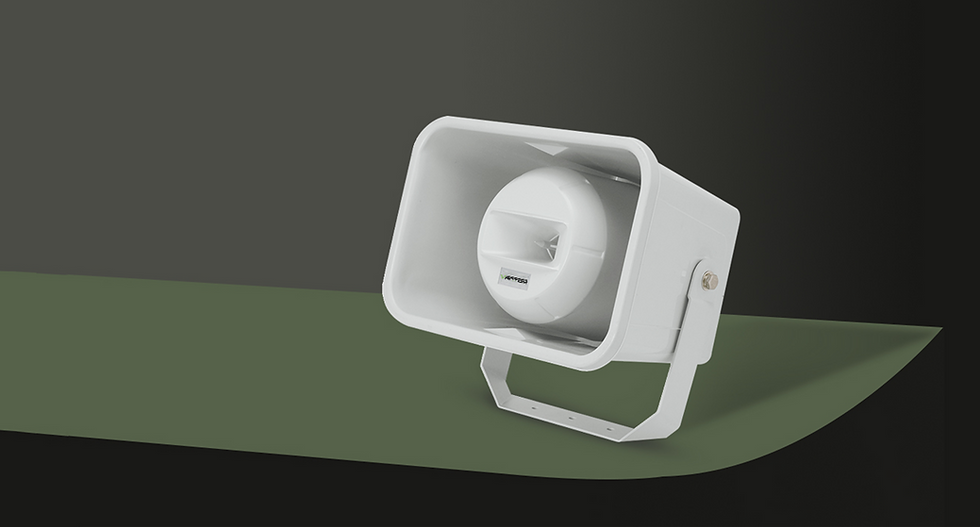A Guide How to Choose the Best Amplifier:
- Amin Basha
- Aug 25, 2024
- 2 min read

Introduction:
In electronics, the amplifier is a silent yet crucial player, transforming weak signals into powerful audio experiences. Whether it is the delicate nuances of a violin solo or the booming beats of a rock concert, the amplifier is the unsung hero that brings these sounds to life. Let's go ahead and explore the key factors to consider when selecting the best amplifier for your needs.
The most common types of amplifiers:
Audio amplifiers:
These amplifiers are specifically designed for audio signals, driving speakers in home stereo systems, car audio setups, and musical instruments.
RF amplifiers:
These amplifiers focus on amplifying radio frequency signals, commonly used in communication systems, radar equipment, and medical imaging devices.
Instrumentation amplifiers:
These amplifiers are highly sensitive and accurate, employed in scientific instruments for precision measurements.
The basics that you should pay attention to when you want to choose and buy an amplifier:
Type of amplifier: There are two main amplifiers: analog and digital/solid state. Analog amplifiers are based on vacuum tubes, while digital/solid-state amplifiers are based on transistors. Analog amplifiers are generally considered to be more "natural" and "musical" sounding, while digital/solid-state amplifiers are generally considered to be more accurate and efficient.
Wattage: The wattage of an amplifier is the amount of power it can produce. The amount of wattage you need will depend on the size of your speakers and the type of music you listen to. For most applications, 50 to 100 watts per channel is a good starting point.
Speaker sensitivity: Speaker sensitivity measures how efficiently a speaker can convert electrical power into sound power. The higher the speaker sensitivity, the less power you will need from the amplifier to get the same sound level. Most speakers have a sensitivity of around 85 to 90 dB/W/m.
Inputs and outputs: Amplifiers come with a variety of inputs and outputs, including RCA, XLR, and balanced. The inputs you need will depend on the source components you want to connect to the amplifier. For example, you will need an RCA input if you have a turntable or CD player.
Features: Some amplifiers have additional features, such as built-in phono preamps, headphone jacks, and digital inputs. These features can be useful if you need them, but they are not essential.
Budget: Amplifiers can range in price from a few hundred dollars to several thousand dollars. Set a budget for yourself before you start shopping.
Here are some additional tips for choosing an amplifier:
Read reviews: Before you buy an amplifier, read reviews from other customers. This will give you a good idea of the pros and cons of the amplifier.
Try before you buy: If possible, try out the amplifier before you buy it. This will give you a chance to hear it for yourself and decide if you like it.
Buy from a reputable dealer: Buy your amplifier from a reputable dealer who will offer you a warranty and support.




Comments